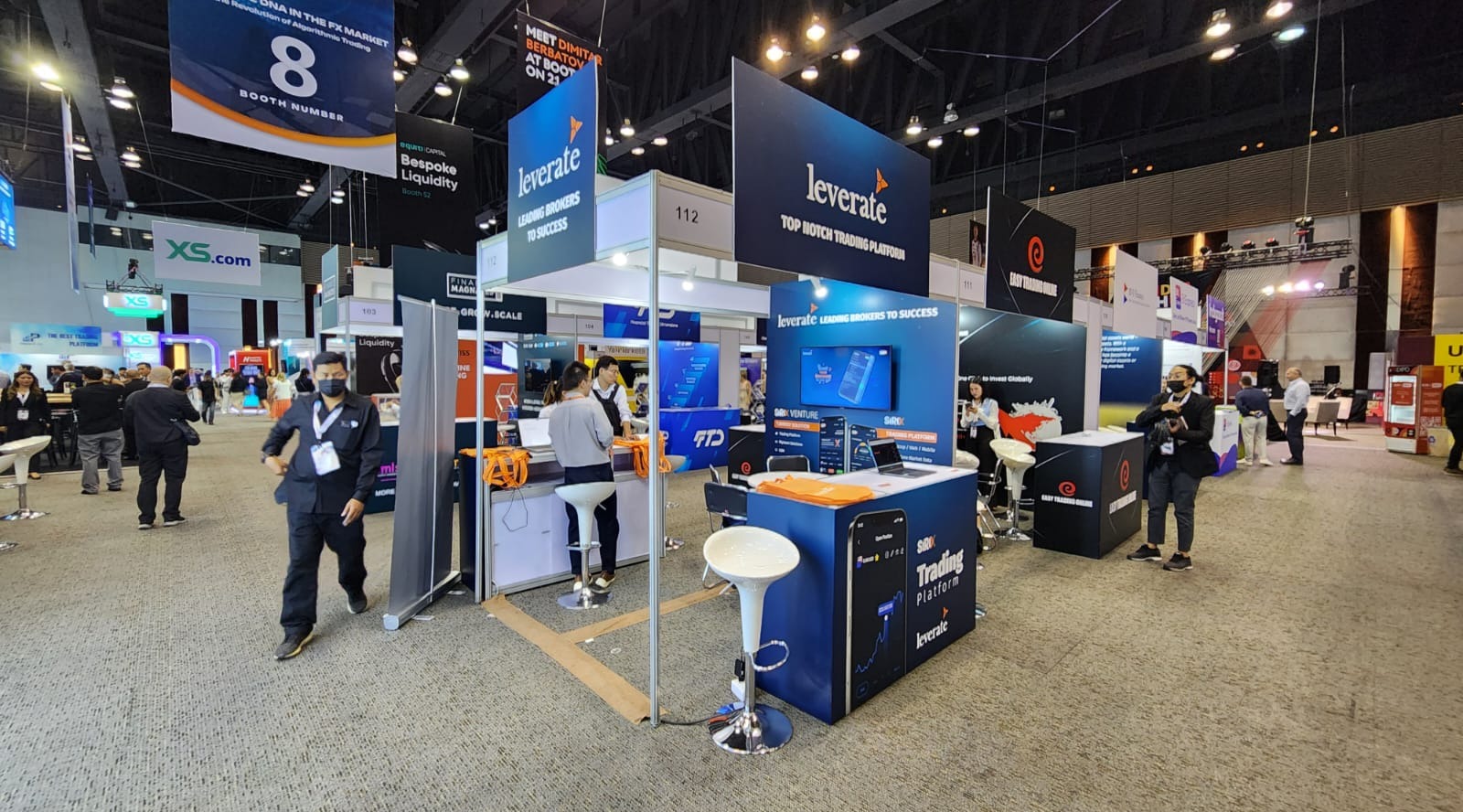Regulatory challenges faced by the crypto exchange Binance in the United States and Europe have led it to consider focusing on the Middle East. According to Alex Chehade, the General Manager of Binance Dubai, the United Arab Emirates (UAE) could become the primary destination for cryptocurrency businesses seeking favorable and transparent regulations.
Binance Pulls Out of Europe, Considers the UAE
Chehade highlighted that Binance noted a desire within the UAE's senior leadership to position the region as a key player in the Web3 industry. Moreover, the country wants to diversify away from fossil fuels, with cryptocurrency seen as a significant catalyst in this transition.
In a conversation with Cointelegraph, the local branch manager of Binance asserted that the exchange is based in the UAE because the local market provides certainty for business development. Constructing a large business where the law is continually changing is unfavorable. Binance seeks predictability, and the Middle East is expected to provide it.
This statement comes at a time when Binance is grappling with legal issues on multiple fronts. The Securities and Exchange Commission (SEC ) and the Commodities Futures Trading Commission (CFTC) have filed lawsuits against the exchange in the United States.
The situation in Europe is not any better. For instance, the Belgian FSMA ordered Binance to cease operations in the country immediately. At the same time, Binance de-registered in the UK, while in France, an investigation into the exchange's 'illegal' cryptocurrency services is underway. As part of scaling back its presence in Europe, the platform has also withdrawn from the Netherlands and Cyprus.
Binance's Issues with Privacy Coins in Europe
At the end of May, Binance decided to delist private tokens in Europe. This decision was due to come into effect on 26 June and was set to impact 12 assets for clients in Poland, Spain, France, and Italy.
Unlike Bitcoin (BTC), privacy tokens like Zcash or Monero were created to enhance the privacy of their holders. In their cases, blockchain transactions are not transparent, making them harder to trace and identify the recipients and senders of individual transfers.
This decision was prompted by changes in local regulations regarding anti-money laundering, which theoretically prohibited the further offering of privacy tokens. However, Binance announced today (Monday) that it has decided to reverse this move. As explained by the exchange's representatives, they revised the classification of these assets to comply with the legal requirements in the European Union.
From 31 May, new Markets in Crypto-Assets (MiCA) regulations have been in force across the EU. European officials want to make Europe a hub for cryptocurrencies. However, Binance's actions suggest that this significant player prefers other jurisdictions.
UAE's VARA Attracting Crypto Companies
In the UAE, the Virtual Assets Regulatory Authority (VARA) is responsible for the rise in the popularity of cryptocurrencies in the region. According to Chehade, VARA has presented a very clear framework for crypto businesses, which he believes is unavailable in other areas.
Furthermore, as Binance MENA statistics indicate, the majority of cryptocurrency holders currently reside in the UAE. This constitutes 28% of all UAE residents, implying that one in every four people in the country owns cryptocurrencies.
Binance was one of the first exchanges to obtain a VARA license in 2022. First, it secured a Virtual Asset License in March, followed by a Minimal Viable Product (MVP) license in September. The former was a temporary license, while the latter permits the offering of a full range of approved digital assets and related services.


















